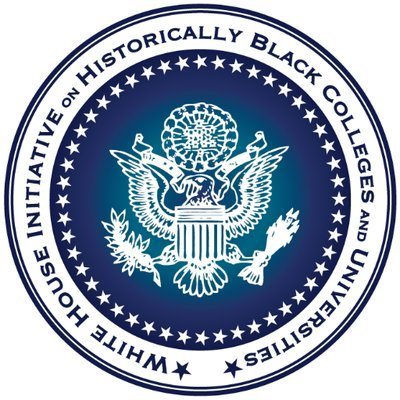Last week, federal officials, administrators at historically Black colleges and universities and HBCU advocates around the country came together virtually for the National HBCU Week Conference, an annual celebration and discussion of all things HBCU.
Over four days, the Biden administration laid out the work it has done to support HBCUs and what it is doing to secure more funding. Executives from companies like Apple and Amazon also touted their diversity and inclusion programs and researchers presented data about the impact of HBCUs on the Black community.
While there was a celebration of the value and work of HBCUs all throughout, bringing the deep pride students, faculty and alumni have for their institutions to a national stage, there was also a sense of pragmatism about the challenges HBCUs face.
“HBCUs’ successes have come despite many systemic barriers to accessing resources and opportunities,” President Joe Biden wrote in his September 3 executive order reestablishing the White House initiative focused on HBCU advancement. Every president since the Jimmy Carter administration has made a similar executive order.
HBCUs and the federal government
The Biden administration is taking a whole-of-government approach to HBCUs. Secretary of Education Miguel Cardona kicked off the conference, video chatting live from a conference room at Lincoln University of Pennsylvania.
Subsequent days were kicked off by the Secretary of Energy Jennifer Granholm, Secretary of Transportation Pete Buttigieg and the first EPA Administrator to have graduated from an HBCU, Michael Regan. All the officials laid out how HBCUs fit into their department’s plans, mainly around helping build an inclusive federal workforce.
Since Biden took office in January, his administration has provided more than $4 billion in support to HBCUs, a combination of at least $2.6 billion in funding from the American Rescue Plan and $1.6 billion of federal debt discharged for 45 HBCUs.
Two lawmakers from the bipartisan HBCU Caucus also laid out their efforts on Capitol Hill to support HBCUs. Rep. Alma Adams, a Democrat from North Carolina, and GOP Rep. French Hill, an Arkansas Republican, detailed their IGNITE HBCU Excellence Act, aimed at providing funding for HBCUs to invest in infrastructure and buildings. About half of HBCU facilities and buildings need to be repaired or replaced, according to the Government Accountability Office.
The conference also had sessions outlining the federal funding opportunities that already exist for HBCUs, from grants provided through the National Endowment for the Humanities to preserve HBCU archives to funding for research through the Institute of Education Sciences.
HBCUs and data
Many conference sessions were devoted to research on the impacts HBCUs have on the Black community.
Joey Womack, founder and CEO of social good consultancy Amplify 4 Good, discussed the interim findings from a new report on the state of the HBCU innovation ecosystem. The report looked at whether or not an influx of large corporations and investment firms that announced new initiatives with HBCUs after the murder of George Floyd last summer have actually made an impact. Initial findings show that though more than 120 such programs now exist, there are varying levels of student engagement across HBCUs.
The Dean of the School of Business at Claflin University, Nicholas Hill, the Chair of the Economics Department at Howard University, Omari Swinton, and James Koch, President Emeritus of Old Dominion University, highlighted the findings of their report on the benefits of attending an HBCU for Black students in STEM. Beyond HBCUs being drivers of upward economic mobility, the researchers highlighted how Black students are more likely to graduate with a STEM degree than those who did not attend an HBCU.
The week was capped off by arguably the most prominent HBCU alum in the country, Vice President Kamala Harris. On Friday, in a small classroom at Hampton University, Harris held a roundtable with six Hampton students who were all involved in STEM research, ranging from improving NASA space exploration vehicles to using radioactive isotopes to create batteries.
“Let’s be very clear that HBCUs are not only competing, HBCUs are leading,” she told the students. “It is for that reason, that it is in the best interest of our nation, including our national security, to invest in our HBCUs.”








